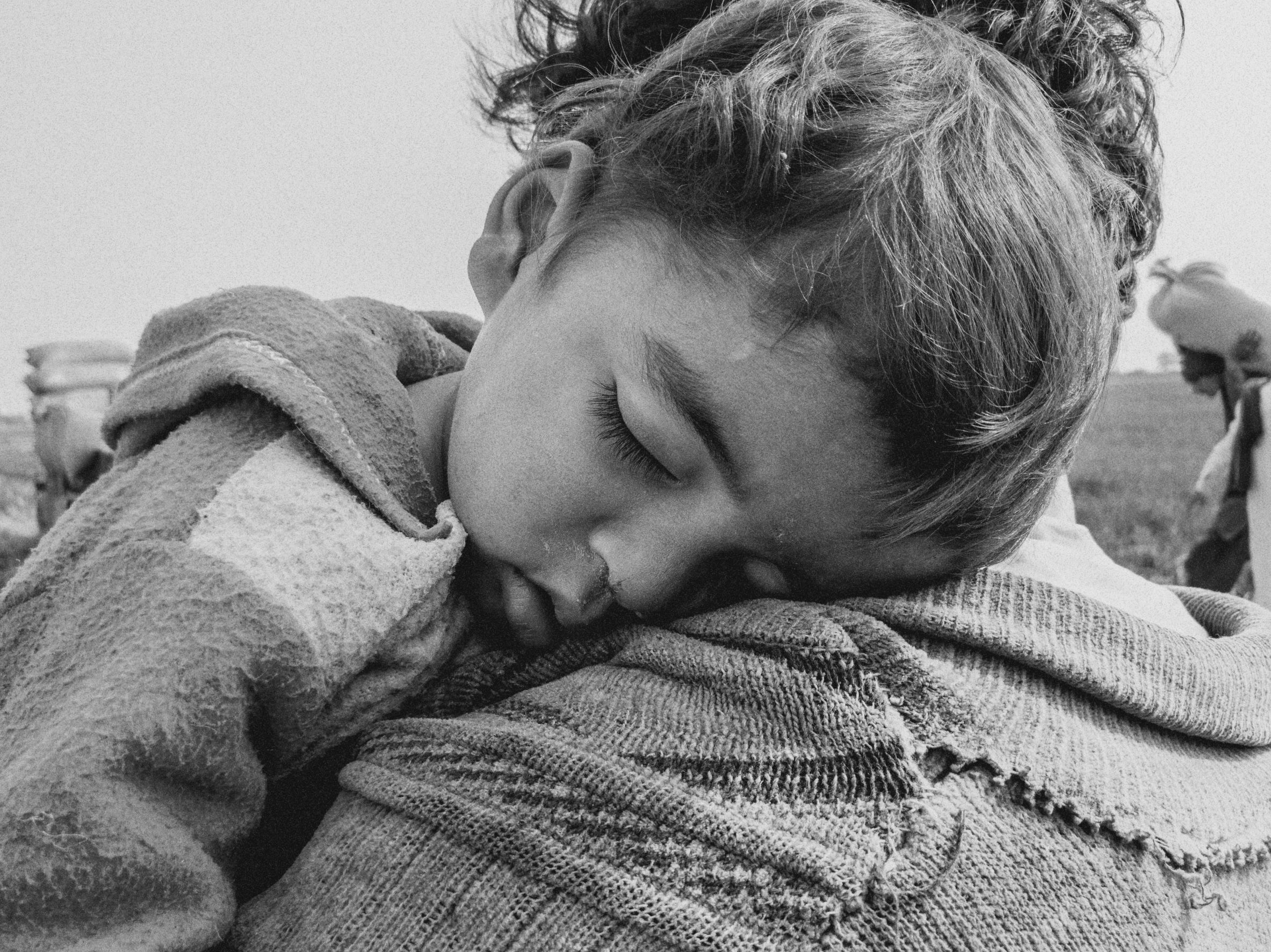He Gets Us: Diving Deeper | Plan 2Chikamu

He Faced Hardship like Us
As of last year, more than 65 million people have been forced to leave their homes and live as refugees outside their country or displaced within, according to the U.N. refugee agency, Global Trends.
On the run for their lives, these millions leave everything behind just to survive.
Jesus could say, I know exactly what that is like. Jesus and his parents were refugees, too. This rarely told drama followed the famous Christmas story and shows us how Jesus himself knew what it was like to be hunted, on the move, and in danger.
Where do you run when the king wants your baby dead? Jesus’ parents, Mary and Joseph, snuck him out of Bethlehem in the middle of the night after having been warned that King Herod’s troops were on their way to kill Jesus. Herod, near the end of his mad, mad life, feared Jesus. He thought Jesus, foretold to be the next “king,” would steal his throne. Herod ordered his troops to massacre every baby boy in the neighborhood, hoping Jesus was one of them.
We don't know exactly how this night unfolded, but it likely went something like this: Joseph and Mary took only what they could carry. She bundled up Jesus against the night air and away from the eyes of curious spies and they were out of their house by daybreak. The dawn would bring unspeakable grief to the sleepy towns around Bethlehem. They escaped by a matter of hours. Dozens of other baby boys did not.
Their only option was Egypt, barely outside the madman’s reach. Just 75 miles to the border and then another 200 miles to the nearest town. Before they could rest again, they would walk the better part of two weeks. Once out of harm’s way, they hid out as fugitives inside Jewish communities in Egypt’s northern delta.
This was Jesus’ childhood story. They lived as refugees, not returning to their home country until after Herod died. Even then, with Herod’s most wicked son on the throne in the Jerusalem area, they were warned not to settle there, but to move north to Nazareth—displaced, but safer. All to stay alive.
An upbringing like that is bound to change you.
Just as millions today have had their lives rerouted and their stories rewritten, Jesus understood this vulnerability first-hand. He defined his home more by his relationships than by location and his safety more by his sense of purpose than by who was in power. Later in his life when he had no house, no regular place to sleep or eat, and no safe place to rest, he may have felt again like a refugee in search of a home. He gets us.

Rugwaro
Zvinechekuita neHurongwa uhu

We’ve looked at Jesus’ radical impact on culture—now we get personal. Can I relate to Jesus’ “normal” life—in all his quiet and personal decisions? Like how he chose right from wrong, like when he lost someone he loved, like when he was misunderstood, marginalized, and underestimated? Together, we go deeper and look behind the stories of the Bible to discover how Jesus may have faced those personal crises.
More






